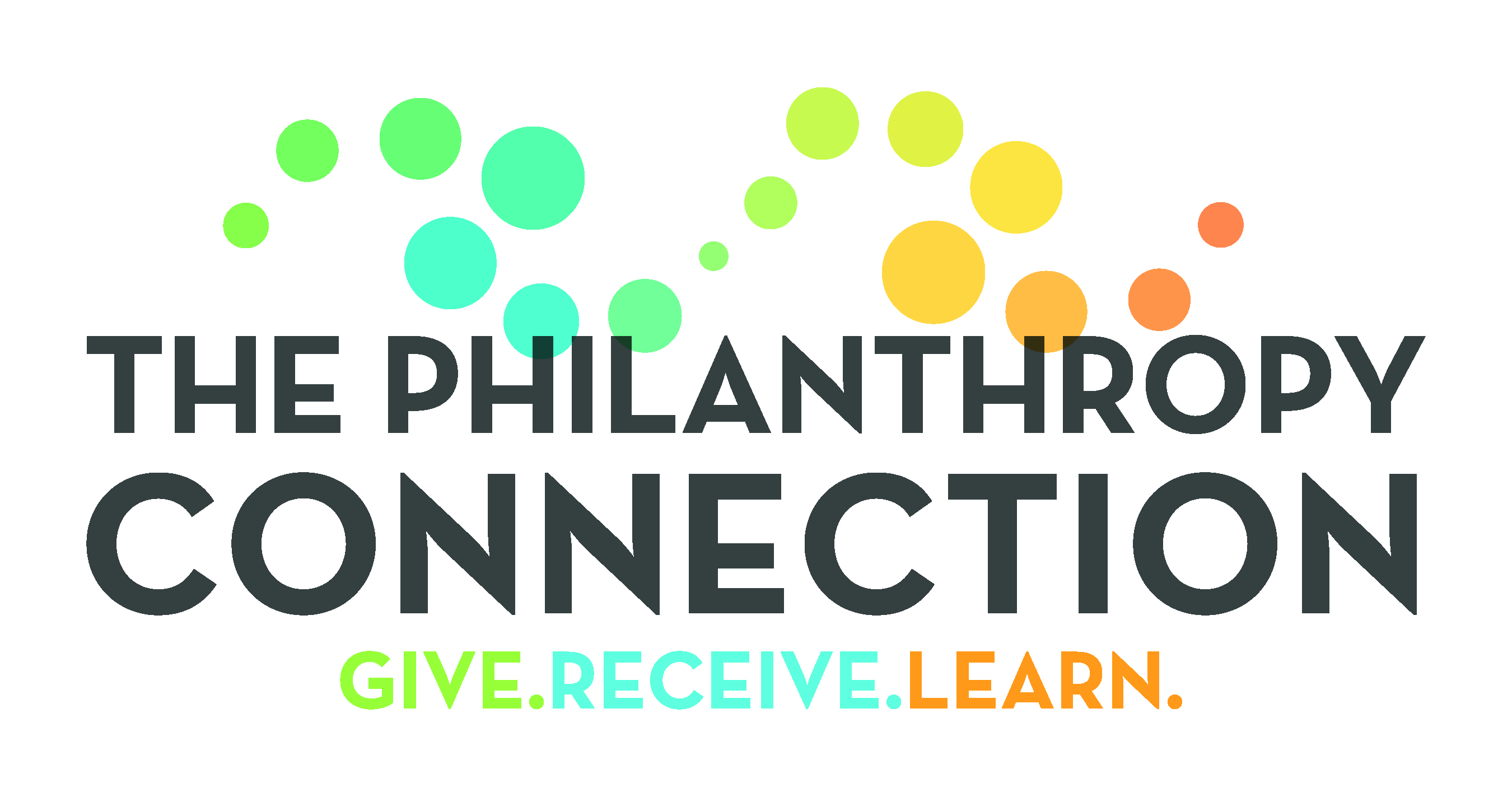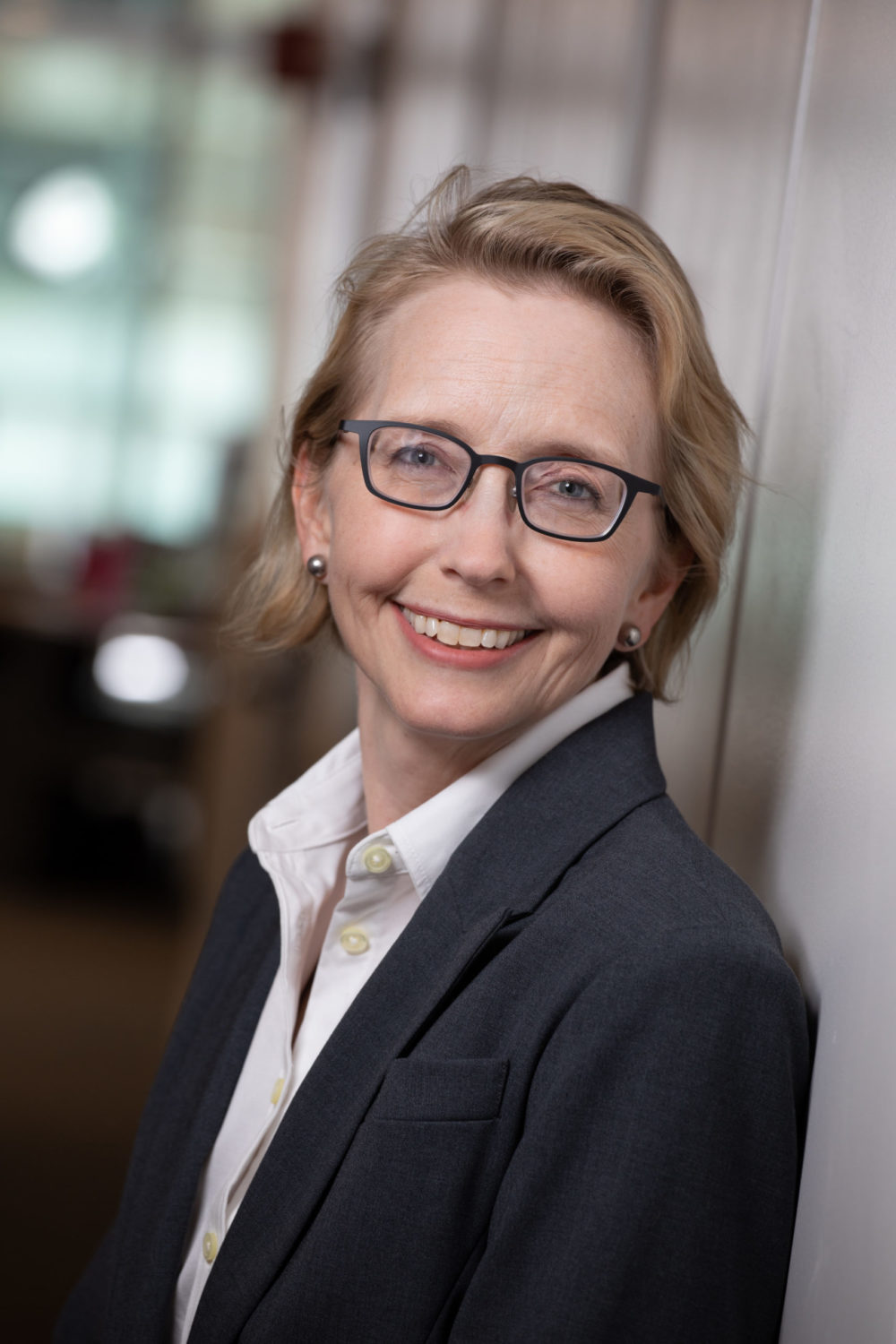The Interview with Bonnie Bertolaet, Executive Director
Founded in 1994, Science Club for Girls (SCFG) focuses on generating excitement, confidence, and literacy in science, technology, engineering, and math (STEM) for girls K-12 from underrepresented communities (racially, economically, and first-generation college bound) by offering free, experiential programs and maximizing meaningful relationships with women mentors. The mission of SCFG is to narrow the gender and diversity gap in the STEM workforce, where less than 26% of the workforce are women and less than 4% are Black and Hispanic women. While this mission has become increasingly common in the nonprofit world, SCFG has been doing this work for 25 years. This program’s sustained success comes first from engaging the girls with age-appropriate and fully vetted curriculums, and second, continuing to engage the girls via opportunities to become junior mentors and leaders as their own education advances. SCFG aims to replicate the “apprenticeship model” that exists in real lab culture.
Background: Founding and Working with SCFG
Bonnie is no stranger to lab culture. Before stepping into her role as Executive Director in January of 2020, she had a “storybook” career in science, beginning with a childhood surrounded by academia in Ann Arbor. Bonnie is the daughter of two professors, both of whom were passionate about their own social justice causes. Her father was involved in the desegregation of Detroit schools while her mother was involved in Protest Divestment. Although she pursued science when she went away to school at Amherst College, you could say her passion for social justice was in her DNA.
From there, Bonnie received a Ph.D. in Chemistry from Harvard University and trained as an NIH postdoctoral fellow at the University of California San Diego and The Scripps Research Institute. While working in biotechnology, Proposition 13 transformed the California public school system by limiting its primary source of funding and Bonnie segued into the education world. While her career advanced the way she hoped it would, Bonnie admits to facing considerable gender and sexual harassment. These experiences led her to SCFG, where she hoped to provide girls with the resources they needed to thrive in a male-dominated field. She started out doing committee work for SCFG, joined the board, and ultimately became the chair in 2018, leading the restructuring of the organization. Bonnie became Executive Director in 2019 and has been responsible for implementing the strategic plan as well as tackling the myriad challenges generated by the pandemic during the past year.
How has SCFG adapted to the pandemic?
 SCFG was able to continue providing engaging K-8 STEM activities, junior mentoring, and high school leadership experiences in a virtual format, helped by some added creativity and finances. The four full-time staff now must plan each program at least a month in advance to allow time for the packing and shipping of materials used. The financial cost of those supplies also increased as girls were no longer able to share, and mentors needed supplies of their own. Volunteers were called upon to individually bag supplies for each hands-on experiment…TPC volunteers answered the call, volunteering on a couple of different occasions! Most importantly, SCFG assisted in ensuring the entire club had access to computer devices and the requisite technological support for remote learning and digital literacy issues.
SCFG was able to continue providing engaging K-8 STEM activities, junior mentoring, and high school leadership experiences in a virtual format, helped by some added creativity and finances. The four full-time staff now must plan each program at least a month in advance to allow time for the packing and shipping of materials used. The financial cost of those supplies also increased as girls were no longer able to share, and mentors needed supplies of their own. Volunteers were called upon to individually bag supplies for each hands-on experiment…TPC volunteers answered the call, volunteering on a couple of different occasions! Most importantly, SCFG assisted in ensuring the entire club had access to computer devices and the requisite technological support for remote learning and digital literacy issues.
Bonnie has enjoyed watching the girls learn how to build relationships in the Zoom space and become comfortable sharing their opinions on the platform. They have gained confidence sharing their homes virtually with their classmates, discussing science in the present of their families. During this past spring semester, over 90% attendance rates were observed, with little Zoom fatigue observed.
How has SCFG’s work during the pandemic had an impact on an individual, a family, or a community?
An unexpected positive impact of the virtual SCFG that Bonnie has observed is that the entire families of participates have become involved and are a part of the community. Parents and siblings are frequently sitting nearby, listening to their daughter’s or sister’s scientific discussion. Fathers are changing their perception of who their daughters could become and envisioning an identity in science. Little brothers have been caught peering over the shoulders of their sisters, watching the activities on the Zoom screen. Parents have been engaged and helpful in coordinating the different components for the experiments at home. Bonnie noted that parents are frequently in touch in between sessions to make sure they have everything they need for the next week.
Have you met recent goals and what are SCFG’s goals for the future?
 Despite the challenges of pandemic, SCFG was successful in serving 257 girls grades K- 8, meeting its goal of reaching 250 to 275 girls in the Cambridge, Boston, and Somerville area. An overarching goal has been to increase the representation of minorities in the organization at all levels. Not only did 75% of the program participants came from targeted populations this year, but 50% of our junior mentors come from one or more of the communities they represent. SCFG hopes to increase that number to 65% next year. SCFG is also in the process of expanding its board to include more members that are representative of the diversity of the girls that participate in its programs.
Despite the challenges of pandemic, SCFG was successful in serving 257 girls grades K- 8, meeting its goal of reaching 250 to 275 girls in the Cambridge, Boston, and Somerville area. An overarching goal has been to increase the representation of minorities in the organization at all levels. Not only did 75% of the program participants came from targeted populations this year, but 50% of our junior mentors come from one or more of the communities they represent. SCFG hopes to increase that number to 65% next year. SCFG is also in the process of expanding its board to include more members that are representative of the diversity of the girls that participate in its programs.
In the near term, virtual programming will continue because in-person classes in the communities in which the girls live are dependent on SCFG’s partners opening their sites. As schools re-open, the plan is to transition back to in-person classes. Though this will be an important transition, one of the benefits of virtual programs is the expected increase in the number of students participating; in-person classes are limited by partner sites and required staff. Virtual classes also eliminate geographic constraints for recruiting mentors and as an additional benefit could act as pilot projects for future SCFG programs. SCFG expects to have about 250 girls in partner sites with about 100 girls participating virtually. The 3-year plan is to expand in both venues to about 600 girls.
What is most gratifying about your work? Is there an example that stands out for you?
You only need a moment with Bonnie to see that the girls of SCFG are why she does what she does. She finds the work rewarding from recruitment to graduation, and there are plenty of graduations to celebrate. Over the last 11 years, over 90% of their high school juniors and seniors have gone on to college, and of those girls, over 55% of them choose to major in STEM+. From Bonnie:
“Reaching a critical mass of women in science, and more women of racial and economic diversity, will change things. Girls today are strong. They have lived through active shooter drills, the racial tension surrounding their everyday lives, and now COVID-19. This mission is a challenge, but these girls are here for it.”
Tell us about how TPC’s grant is being used. What is the impact of TPC funding? What else do you hope to gain from your relationship with TPC? Are there other ways that TPC members could help you?
The TPC grant was intended to support the hiring of a director of development and to build the resource development infrastructure, with the goal of reaching 250 to 275 girls in Cambridge, Boston, and Somerville. Lucy Sweeney was hired in January 2020 and has quickly developed the SCFG infrastructure, including an enhanced social media presence, website update, and e-newsletters.
Another program addition is SCFG Live, a live science show that reaches even more girls with fun, accessible science lessons. Since the first show last April, SCFG has hosted 30 episodes on topics ranging from explosions and space to the science of color. The show has been such a hit: it has had over 37,000 views, and that is just on the streaming platforms that are counting! It is not only a teaching tool, but marketing tool, as it has also helped recruit donors, partners, and participants.
TPC members Laura Strong and Bernice Cramer worked very closely with Lucy on development and marketing for SCFG and have been of enormous help. SCFG held its annual Showcase fundraiser on April 8 where Catalyst Awards were given, honoring those who advance the mission of women in STEM. Both Laura and Bernice were very involved, working on the marketing plan for the event. As Bonnie sums concisely, “We love the TPC community.”

